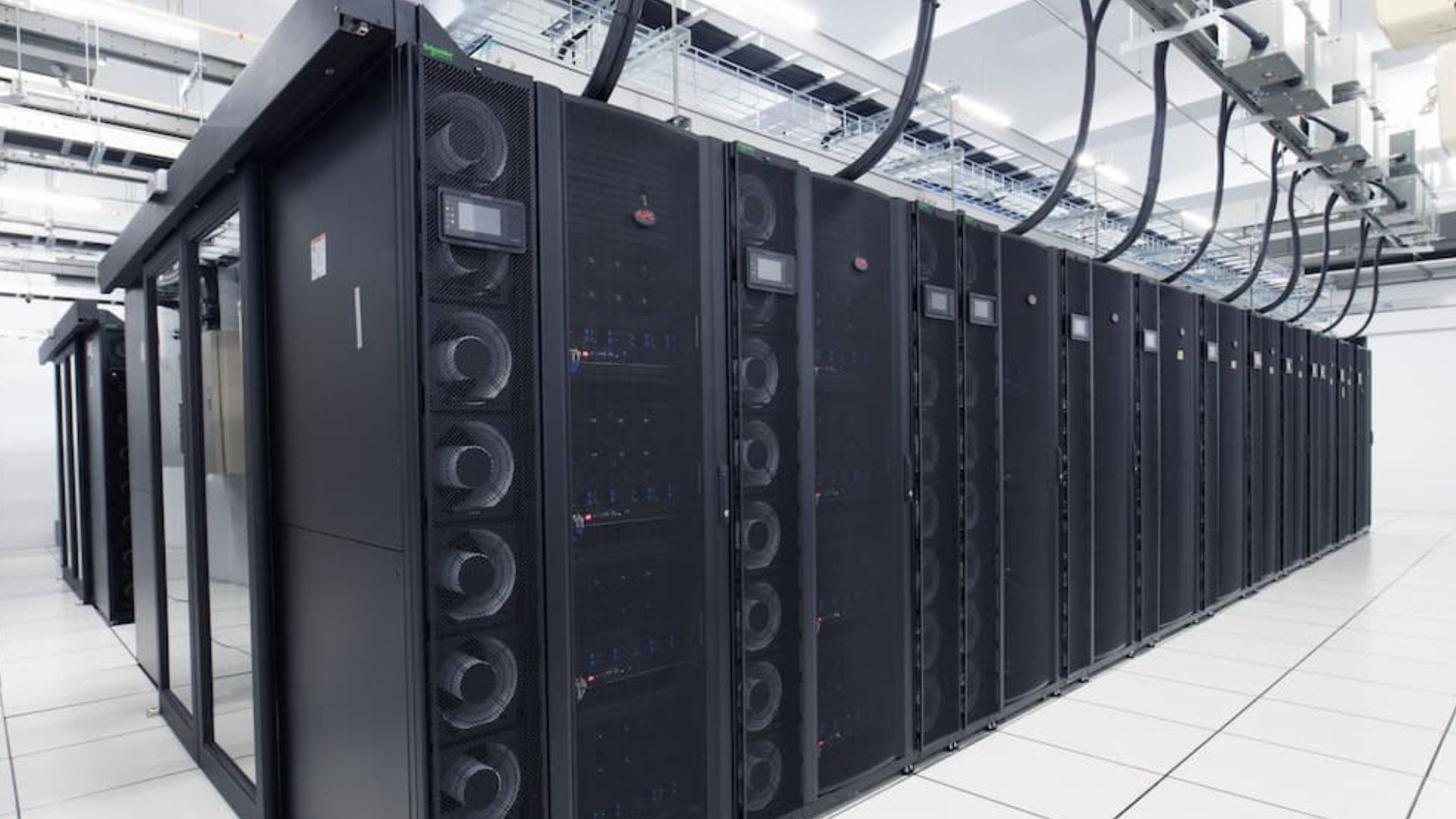Asus subsidiary develops supercomputer to expand Taiwan’s computing power
Asus subsidiary Taiwan AI Cloud is building a Tainan-based supercomputer powered by Nvidia chips to boost Taiwan’s computing capacity by 50%.

A subsidiary of Taiwanese electronics giant Asus is developing a powerful new supercomputer that is expected to raise Taiwan’s overall computing capacity by at least 50 per cent. The initiative, led by Taiwan AI Cloud in collaboration with the National Centre for High-Performance Computing, is scheduled to launch its first phase in December with a capacity of 80 petaflops, according to Peter Wu, CEO of Asus Cloud and Taiwan AI Cloud.
The system, which is being built in the southern city of Tainan, will eventually have a total computing capacity of 250 petaflops. One petaflop is equivalent to one trillion calculations per second. Wu said the project is a significant step in Taiwan’s plans to become one of the top three computing powerhouses in Asia.
In comparison, Hewlett Packard Enterprise’s El Capitan supercomputer, ranked as the world’s most powerful in June 2025, has a capacity of 1,742 petaflops. The system, which began operations last year, occupies 7,500 square feet at the Lawrence Livermore National Laboratory in California.
Partnership with Nvidia ensures advanced AI infrastructure
Wu revealed that the Tainan-based supercomputer will eventually be powered by 1,700 Nvidia H200 graphics processing units (GPUs). He credited Asus’ close relationship with Nvidia, noting that discussions to secure the chip supply began one or two years before the project’s start.
The initiative highlights the rapid expansion of computing infrastructure in the Asia-Pacific region, driven by rising demand for artificial intelligence. Taiwan AI Cloud, previously known as Taiwan Web Service Corp, has undertaken similar projects across the region, including a data centre in Singapore and a new facility in Vietnam for state-owned telecom operator Viettel.
The Vietnam project began earlier this year after the US government approved the shipment of Nvidia chips. The facility will run on 200 Nvidia GPUs once it is operational.
Wu said that Taiwan’s Ministry of Digital Affairs had encouraged the company to design the Tainan supercomputer with an open architecture and an agent-based AI framework, which will help local businesses adopt or upgrade their AI systems. Agentic AI is a growing field of artificial intelligence capable of autonomously carrying out tasks for users or other systems.
Challenges in China and future AI growth
Wu said it would be difficult for Taiwan AI Cloud to undertake similar projects in mainland China due to the ongoing constraints on GPU supply. He added that China’s approach of “stacking and clustering” lower-performance chips could offer viable alternatives for AI inference tasks, where a trained model generates conclusions from new data.
He noted that interest in inference has grown since Chinese AI firm DeepSeek released its R1 reasoning model in January, which excelled in logical reasoning tasks. “If the workload is similar to [inference], it will be easier to adopt an alternative technology scheme with existing [chips],” Wu said. However, he added that developers “may be concerned about GPU selection” for projects involving training or fine-tuning AI systems.
Looking ahead, Wu predicted strong growth in three AI sectors: computational genomics, quantum computing, and digital twin technology, which creates virtual replicas of real-world environments. He highlighted healthcare as a promising area for digital twin applications. “The killer app [for digital twin] may be in elderly care, which can help them get drugs, food, or take a shower,” he said.
















